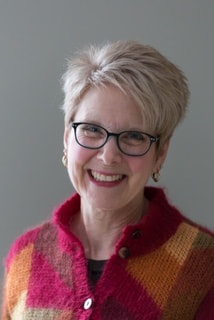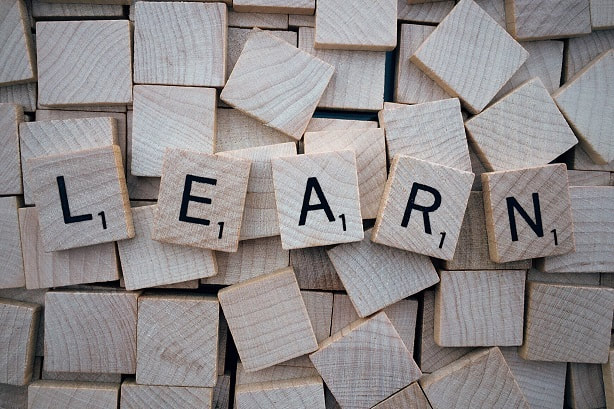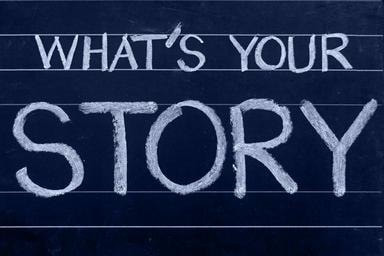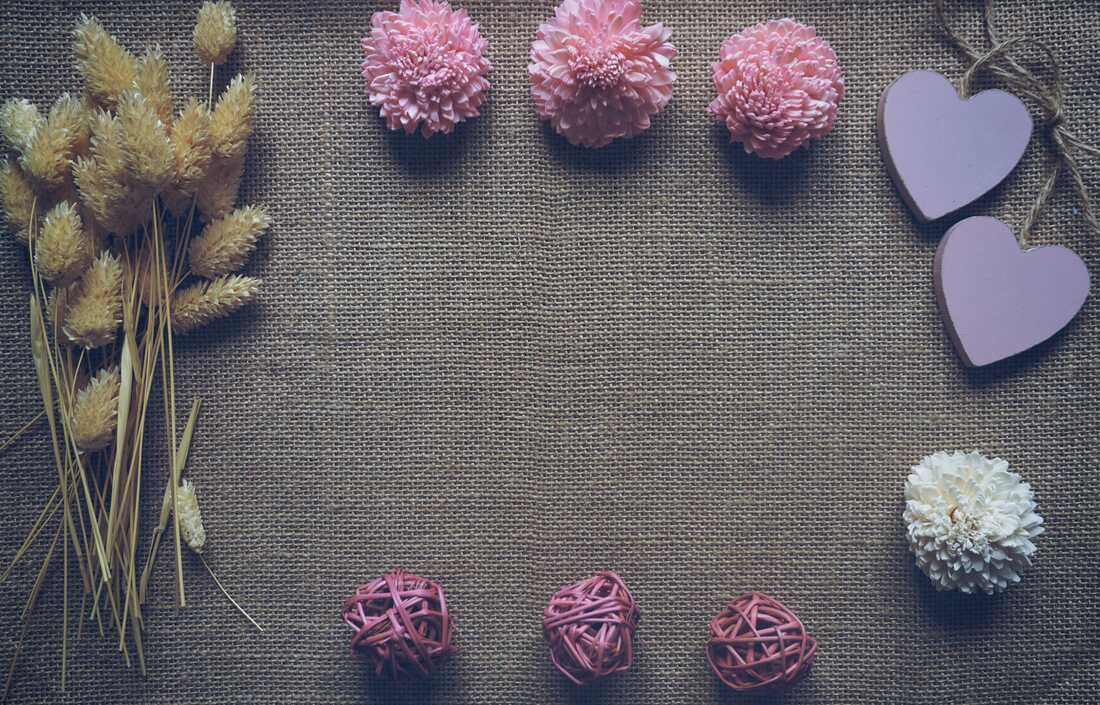|
By: The Editors
Miscarriages occur for a variety of reasons. They are almost never the mother's fault. Sometimes, understanding the cause of a miscarriage can help parents as they grieve. Recently, Jenna Bush Hager revealed that she had an ectopic pregnancy, an issue that occurs in only 1%-2% of pregnancies. Hager discussed the joy of getting pregnant and the pain of the miscarriage: "I was so excited ... I got to the doctor's office and she said, 'Yeah, you're pregnant, but we can't find the baby,''" Jenna said during a conversation with Meredith Vieira about their respective journeys to parenthood. "And I had no idea what an ectopic pregnancy was. The baby was in my fallopian tube." "My husband was out of town. My sister was in Africa. So I went into emergency surgery and I had my fallopian tube removed," she added, calling the experience "isolating." Rheana Murray, a lifestyle reporter at TODAY and NBC News, has written an excellent article that explores what an ectopic pregnancy is, what the symptoms are, and how it might be treated. As we learn more, we become better advocates and sources of encouragement. Even if you have never experienced an ectopic pregnancy, understanding it might help you support others who have or will.
0 Comments
By: Nick Carrington EPLA Editor As a Midwesterner, spring has always had special significance because hope naturally permeates through spring. Warmer temperatures engender new life out of the ground and trees that lay so lifeless only a few weeks before. Grass grows, flowers bloom, and the earth is made anew. We hear hope in the crack of the bat as baseball players and fans emerge from winter’s slumber to convene at perfectly manicured ballparks. Christians celebrate the most important holiday of their faith in spring: Easter, which offers hope for an extraordinary life beyond this one. In spring, hope seems to naturally abound. However, parents who have miscarried may feel a lack of hope as the weather turns. They had hopes for their child and his or her future, that their little one would give and receive love in a way that can only occur between parents and their child. The will is shaken during and after miscarriage. Death will do that. But we know how important hope is for moving forward. People who cling to hope typically are healthier and achieve more than those who don’t. While it certainly relates to optimism, hope carries a sense of will that optimism doesn’t. Those who hope believe that things can turn out okay, and thereby give themselves something precious: permission to move on from despair. The hopeless often remain in their grief because they can’t accept this gift. Recently, I listened to an interview with Mary Katherine Ham, a CNN contributor. A few years ago, she lost her husband in a bicycle accident while she was seven months pregnant. Ham dealt with the pain in many ways, but one important strategy was forcing herself out of bed every day. She grieved heavily but refused to give up on life. She had hope through the grief; she maintained her will. Part of what we do at the EPLA is offer hope. Through your stories and those of others, we want to show you that you are not alone, that there is life beyond your pain. In providing miscarriage kits, we aim to ease your burdens through a tumultuous time. Through selling tulips that come alive during spring, we emphasize that out of death can come renewal. So, don’t lose hope. Fight on, knowing that we grieve with you, that your loved ones are there for you, and that even if your darkest hour, hope blooms. Nick Carrington is an Editor for the EPLA and Assistant Professor of Professional Writing at Cedarville University.
By: Emily Carrington EPLA Founder After my first miscarriage I didn’t know what to say.I told my boss to tell people I was sick. When we moved to a new town in the weeks following my loss, I told people I didn’t have any children. The fact that I had a miscarriage wasn’t necessarily a secret. Our family knew, our close friends knew, people at work and church knew. But it also wasn’t something I talked about. It was the big looming elephant in the room. I remember wanting to talk about it. It was always on my mind and I like to process things verbally. In our new town, I had a weekly coffee date with new friends, all of them moms. They shared pregnancy stories, birth stories, mom stories, kid stories. All I could think about was the first 11 weeks of pregnancy. I had so much I wanted to share, but I didn’t know how. Slowly, I opened up in private situations and started to share more, but I still didn’t know how to talk about it. Then I was pregnant again for another 11 weeks and I had a second miscarriage. I continued to slowly share with those close to me. I worked through my pain by talking. It was all I could think about. It consumed my thoughts and my heart all the time, but I still didn’t know how to talk about it. Then one day someone asked me to share my story in front of 80 ladies at Bible study. The invitation was freeing. Someone wanted to hear my story. I didn’t realize how much I needed the opportunity to share until I started writing out the events of the previous few months. I sat down and the story flowed out of me. My heart was feeling free and my thoughts were finally making sense. Just the activity of writing helped heal my soul. As I stood in front of those women on a chilly Wednesday morning in the fall, I felt heard. I felt like my story mattered. And I finally felt ownership of my own story. My intention in sharing was to give God the glory for his provisions during my time of suffering, but, even in this, God offered more healing, more caring, and more provision. Today I invite you to share your story. I want to hear you; we all want to hear you. Your story matters. This blog is a place to share your story. If you have a story about early pregnancy loss consuming your heart, mind, and soul, let us know at [email protected]. We would love to help you share your story. Emily Carrington is the founder of the EPLA and mother to four children.
Note: This post was originally written by Joy for the purposes of Henry Ford Allegiance Health in Jackson, Michigan. It is being published with permission from the author. By: Joy Sterrett, RN. You may never see your child play t-ball, dance ballet, or ride a bike, but you are still a mom. You are still a dad. You may never get to walk your daughter down the aisle, but you are still a dad. You may never see your dreams for your precious child come to fruition, but you are still a parent. I wanted to reassure parents who have experienced a loss that they have every right to celebrate being a mother and a father. Regardless if the loss was from a miscarriage, full-term baby, or even a young child, a loss does not strip away the parent title. I encourage everyone who has experienced a loss to think of creative ways to commemorate their baby’s life. Here are some ideas:
Those who’ve experienced a loss can feel very isolated in their grief. I want to encourage you to look around you. See all of the other families surrounding you. Remember you are never alone. There are many who have walked a similar path, and there are those who will hold your hand through your journey of grief. Don’t let today be the last time that you celebrate your baby’s life. And never forget you are still a mom. You are still a dad. Joy Sterret is the Perinatal Beareavement Coordinator at Henry Ford Health Services in Jackson, Michigan.
This week we welcome back Nancy Kingma to address the grief of grandparents and siblings following early pregnancy loss.  Over the last four weeks we have featured discussions between Nancy and Emily about grief following loss. Whether you or a loved one have suffered loss, Nancy offers great insights to what each person of the family might be experiencing. You can catch previous episodes here: An Introduction to Miscarriage A Mother's Grief A Father's Grief About Nancy: Nancy Kingma has been supporting women, children, and families for more than forty years. She is licensed as both a nurse and a therapist. She is also a National Certified Counselor and has a certification in Holistic Health. In combining these two professions, Nancy motivates and encourages individuals and families to move toward wholeness, health and their ultimate purpose in life. Nancy's obstetrical background gives her a unique perspective in caring for mothers and families dealing with postpartum depression. Additionally, her 15 years as Bereavement Coordinator at Spectrum Health and Helen DeVos Children's Hospital have established Nancy as a leading expert in grief and loss, particularly with families having experienced the death of an infant of any gestation or a child. By: Maria Servold EPLA Editor After a miscarriage, many women may feel especially uneasy about conceiving again. They may feel guilty, confused, sad, happy, or excited, or any combination of these. While they are surely glad of the new life inside them, it is impossible to forget the life that had been there before. After my miscarriage in the fall of 2012, it took a year for my husband and I to conceive again. When we finally did, anxiety about losing another baby consumed my thoughts. I kept the pregnancy a secret longer than many women do, waiting until 20 weeks to post anything on social media. I hardly told anyone until I passed the 9-week mark, as 9 weeks was when I lost my first baby. Somehow, I felt that crossing that week was important and that if I did, this baby would make it. Those were thoughts driven by grief and stress, not scientific fact, but I breathed a sigh of relief after those 9 weeks had passed. I did carry that baby to term - she is now 4 ½ years old, and I have another daughter, age 2 ½.
A few weeks ago, I told my students that I am pregnant with another baby. I shocked myself by revealing it to them when I was only 10 weeks along, partly because I couldn’t conceal my bump any longer, but also because I didn’t want to hide something joyful behind the fear of loss.
With each of my subsequent pregnancies after that first lost one, I have felt more and more confident about sharing the good news with family and friends earlier on. After my miscarriage and through my work with the Early Pregnancy Loss Association, I have seen the support women can and should receive after a pregnancy loss. Seeing the support available through organizations like ours encouraged me to share my joy about another baby even before it was socially acceptable to do so. Our social “norms” tell us not to announce pregnancies until at least 12 weeks, just in case the baby is miscarried before that point. Many women choose to wait that long, and that is totally fine. Every woman and her partner should decide for themselves when to announce a pregnancy. But for me, I realized that if I did end up miscarrying, I’d tell my friends and family anyway in hopes of receiving support, so I may as well tell them about the pregnancy. It has been a blessing to not have to continue to hide my good news (or my constant nausea and fatigue) from my friends, family, coworkers, and students. Even though my little nagging worry about miscarriage will never go away entirely, I have found confidence and joy in trusting my good news with others, knowing I’d trust my sad news with them as well. Maria Servold is an Editor at the EPLA, Assistant Director of the Herbert H. Dow II Program in American Journalism, and Lecturer in Journalism at Hillsdale College In part three of our series discussing miscarriage with Nancy Kingma, Emily and Nancy explore what a father feels during and after a miscarriage and how they may grieve differently than mothers.
If you missed part one or two of the series, we invite you to listen to them to learn about Nancy's work and more about grieving during miscarriage. By: Nick Carrington EPLA Editor Our conversations with our children will shape the culture of miscarriage. Tucker, my 4-year-old, loves to tell me about things I miss while I’m at work. These stories aren’t necessary “big” moments that he had; he giddily reveals events that seem trivial to me but clearly fill him with wonder and delight. Tucker often breaks into a story in the middle of other activities, a sneak attack I’m rarely prepared for. While I was dressing his brother one morning, Tucker began to tell me about a time, I assume recently, that he talked to his cousin, Clay, on FaceTime. Tucker and Clay adore each other but live hours apart, so occasionally, they get to talk on the phone for a few minutes. Tucker’s recounting was short and peculiar: “I talked to Clay on the phone and then he said he had to go to talk to his brother.” Peculiar, because Clay’s only brother passed away in the womb a few years ago. Knowing that Clay did not have a living brother, Tucker found the whole thing humorous. I later learned that Tucker likely misheard Clay, but in the moment, I saw an opportunity. “Clay did have a brother,” I explained. Tucker’s face morphed to a thoughtful gaze. “He didn’t live a long time, but he was your cousin too, just like Clay. His name was Jaron.” I gave Tucker a moment or two to reflect on this information, a fact that must have shocked him. “Jaron? Why didn’t he live a long time?” Tucker said. “God lets some people live a long time and others live only a short time. Jaron got to live only a short time, but he was still part of our family,” I tried to explain. I’m sure he had other questions, but in typical 4-year-old fashion, he became distracted by something else. Regardless, the conversation was important to me for a few reasons. First, I was able to teach Tucker that children lost in the womb are indeed children. They have brothers, sisters, parents, and cousins. I never held or played with Jaron, but he was my nephew nonetheless, the child of people I love. And because of that, I loved him too. Also, he was Tucker’s cousin, and I wanted Tuck to know that. Second, I wanted to honor Jaron by acknowledging his life, regardless of how short it was. Death of any sort is uncomfortable, but we give dignity to loved ones by remembering them. Telling Tucker about his cousin was the best I know to honor Jaron. As we seek to change the culture surrounding miscarriage, we must have appropriate conversations with our children. They need to learn about death at some point, and to avoid conversations about miscarried children leads only the loss of dignity for the child and a continuation of the culture of silence surrounding miscarriage. For resources on how to talk to your children about miscarriage or helping them grieve, we encourage you to explore the following links: Nick Carrington is an Editor for the EPLA and Assistant Professor of Professional Writing at Cedarville University. |
Archives
December 2023
Categories
All
|








 RSS Feed
RSS Feed